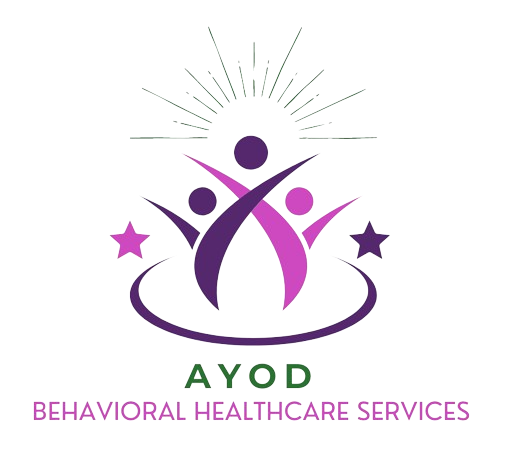The Urgent Need to Normalize Mental Health Conversations
In today’s fast-paced world, mental health challenges affect millions, yet the stigma surrounding mental illness remains one of the biggest barriers to seeking help. Many people suffer in silence due to fear, misunderstanding, or societal judgment. It’s time to break the stigma and recognize that mental health is just as important as physical health.

Understanding Mental Health Stigma
Mental health stigma refers to negative beliefs, attitudes, and discrimination directed toward individuals experiencing mental health conditions. This stigma exists in two primary forms:
✅ Public Stigma: Society’s misconceptions and biases about mental health disorders, often fueled by misinformation.
✅ Self-Stigma: Internalized shame and fear of judgment that prevent individuals from seeking help.
These stigmas create a cycle where mental health conditions go untreated, worsening over time. The reality is mental health disorders are medical conditions—just like diabetes or hypertension—and should be treated with the same urgency and empathy.
Why Mental Health Matters More Than Ever
In the wake of pandemic stress, economic uncertainty, and social isolation, mental health concerns have skyrocketed.
💡 Key Statistics:
- 1 in 5 adults in the U.S. experiences a mental illness each year.
- Over 50% of individuals with mental health disorders do not receive treatment.
- The suicide rate has increased significantly, making mental health a public health crisis.
Without proper attention and support, untreated mental health conditions can lead to poor work performance, strained relationships, chronic illnesses, and even suicidal thoughts.
Breaking the stigma can help individuals feel safe seeking professional care, openly discussing struggles, and prioritizing self-care without fear of being judged.

How to Break the Mental Health Stigma
1. Normalize Conversations Around Mental Health
Talk about mental health just as you would about physical health. Whether at work, school, or home, encourage open, stigma-free discussions to create a culture of acceptance.
2. Educate Yourself and Others
Many stigmas come from lack of awareness. Learn about mental health conditions, symptoms, and treatments. Share evidence-based information on social media and in conversations.
3. Show Compassion and Support
If someone shares their mental health struggles with you, listen with empathy, not judgment. Offer emotional support and encourage them to seek professional help if needed.
4. Seek Professional Help Without Fear
Going to therapy or seeking psychiatric help is a sign of strength, not weakness. Therapy is a tool that helps individuals understand their emotions, develop coping skills, and heal from past traumas.
5. Challenge Misconceptions & Advocate for Change
Speak up when you hear misinformation or offensive language about mental health. Encourage workplaces and schools to implement mental health initiatives.
Need Help? We’re Here for You!
If you or a loved one is struggling with mental health concerns, don’t hesitate to reach out. Seeking help is a courageous step towards healing.
💙 Contact Ayod Behavioral Healthcare Services Today:
📞 Call us: (817) 755-9969
📧 Email us: ayodbehavioralhealthce12@gmail.com
🌐 Visit us: www.ayodbehavioralhealthcare.com
Let’s work together to break the stigma and build a future where mental health is prioritized, understood, and supported.

